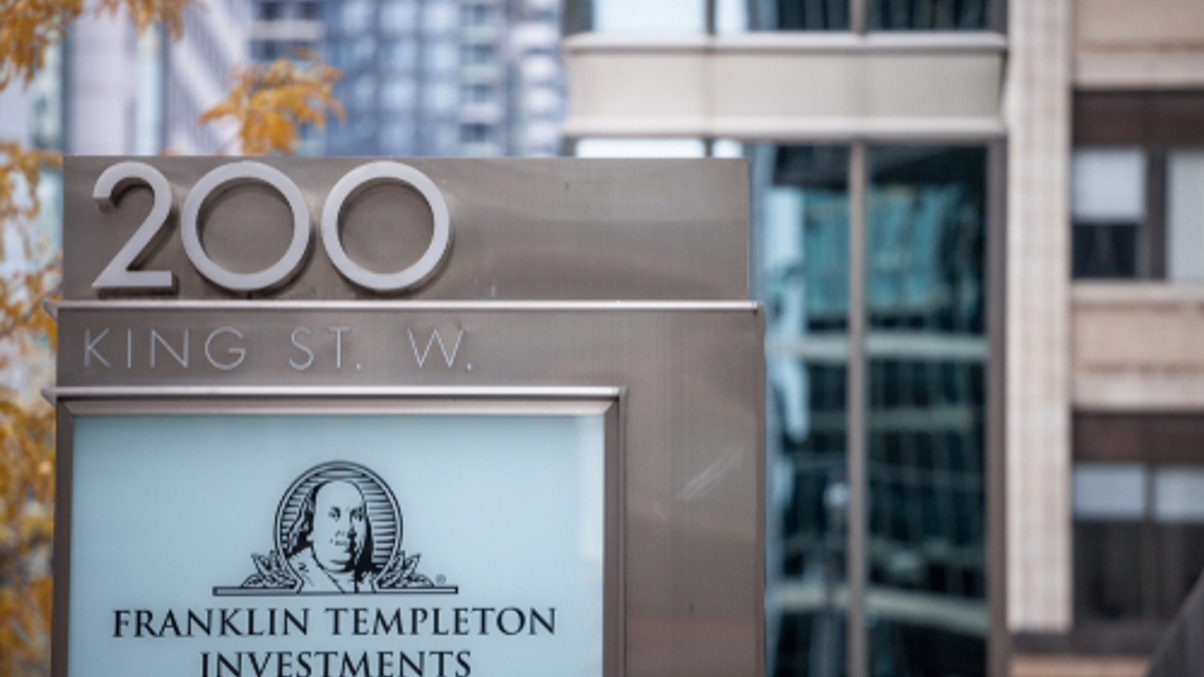What will the Franklin-Legg Mason merger mean in Asia?
The fund industry’s latest mega-takeover has big implications for the two firms and for their clients in Asia. AsianInvestor looks at issues that the deal raises.

Franklin Templeton Investments (FTI) yesterday (February 18) announced its purchase of rival US fund house Legg Mason to create a $1.5 trillion asset management giant, as the investment industry’s consolidation trend continues.
Sign in to read on!
Registered users get 2 free articles in 30 days.
Subscribers have full unlimited access to AsianInvestor
Not signed up? New users get 2 free articles per month, plus a 7-day unlimited free trial.
¬ Haymarket Media Limited. All rights reserved.


